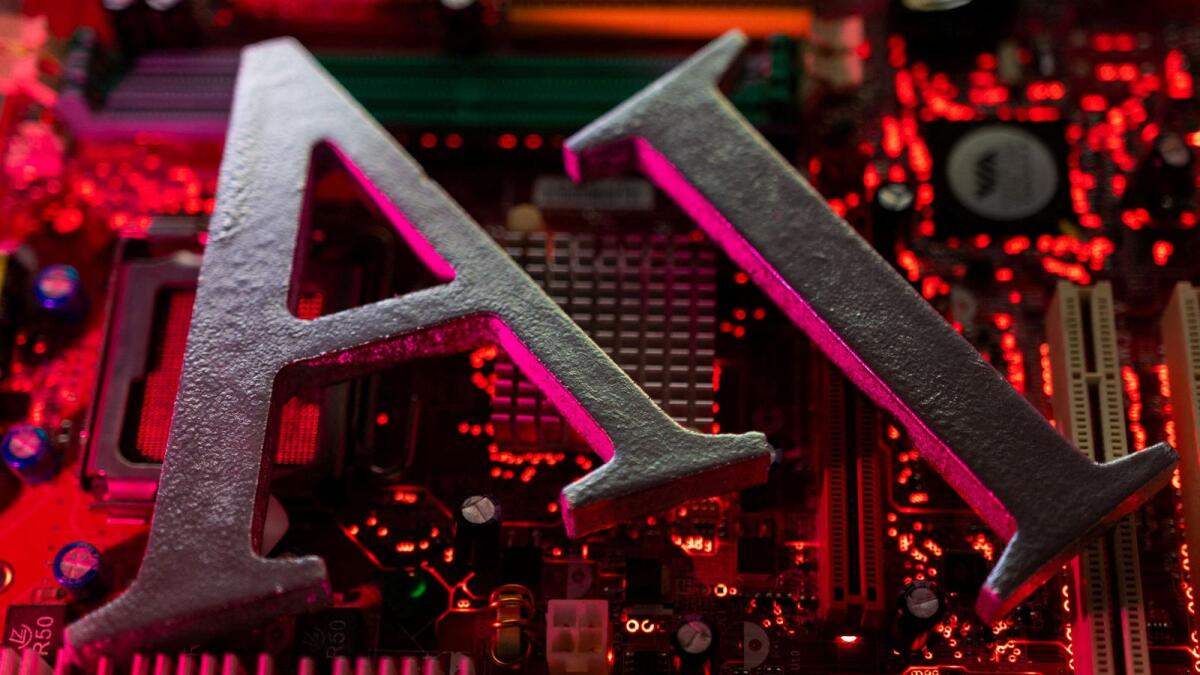Artificial intelligence (AI) has become a cause for concern in the publishing industry, as the development of AI writing programs threatens copyright regulations and floods the market with low-quality computer-written books. The launch of ChatGPT last year, an AI chatbot that can produce essays within seconds, has sparked worries about the impact of generative AI across various sectors.
Juergen Boos, director of the Frankfurt Book Fair, the world’s largest book fair, expressed the deep sense of insecurity among industry players. Questions are being raised about the ownership of intellectual property and the inclusion of new content in value chains. With AI writing programs, aspiring authors can now produce novels in a matter of days that would have taken months or years to write in the past. This has resulted in a surge of titles listing ChatGPT as a co-author, available for sale through Amazon’s e-book self-publishing unit.
However, critics argue that the quality of these AI-generated works is low and don’t see them as a significant threat at present. Acclaimed British author Salman Rushdie shared his experience with an AI writing tool, stating that the results were “pure garbage” and easily distinguishable from his writing style. While Rushdie remains unalarmed, others emphasize the potential but highlight that completely autonomous AI writing would not produce interesting books.
Although there is some openness to AI in certain genres, such as science and specialist books, the field of fiction still tends to approach it cautiously. The relationship between artificial intelligence and publishing raises legal complications, particularly concerning copyright ownership of AI-generated content. Fair director Juergen Boos emphasized the complexity of this issue, with significant financial stakes involved. Several notable writers, including George RR Martin, John Grisham, and Jodi Picoult, have already filed a class-action lawsuit against OpenAI, the creator of ChatGPT, citing copyright violations.
Another challenge lies in translation, as some industry players believe that AI lacks the ability to capture the nuances and subtleties required for complex literature. Efforts are being made to clarify when AI has been involved in the production of a book. Amazon, for instance, has introduced guidelines that require authors to disclose if their work includes AI-generated content when selling through their self-publishing unit.
Despite these legal and creative concerns, there are also opportunities for AI in writing, particularly in the production of genre fiction like romance novels. This could alleviate the burden of creating such content and enable it to be easily generated at home on a computer.
As the publishing industry grapples with the rise of AI, it becomes clear that striking a balance between embracing its potential and addressing potential risks will be crucial for its future development.

I have over 10 years of experience in the cryptocurrency industry and I have been on the list of the top authors on LinkedIn for the past 5 years. I have a wealth of knowledge to share with my readers, and my goal is to help them navigate the ever-changing world of cryptocurrencies.

